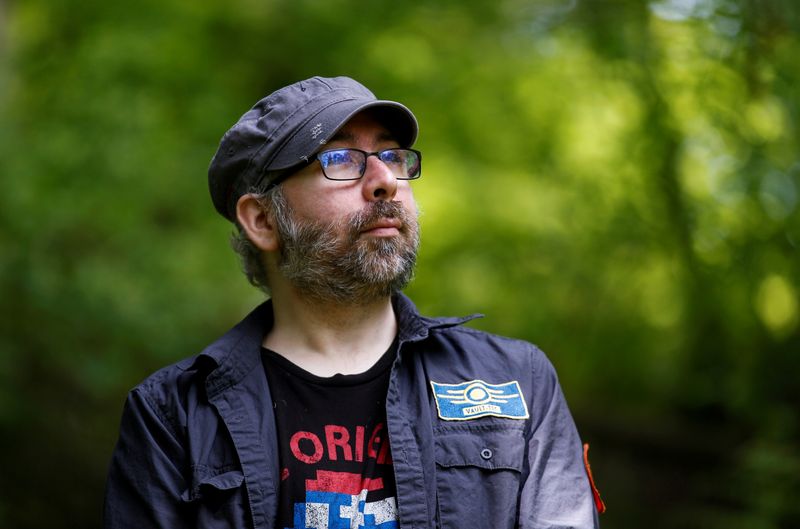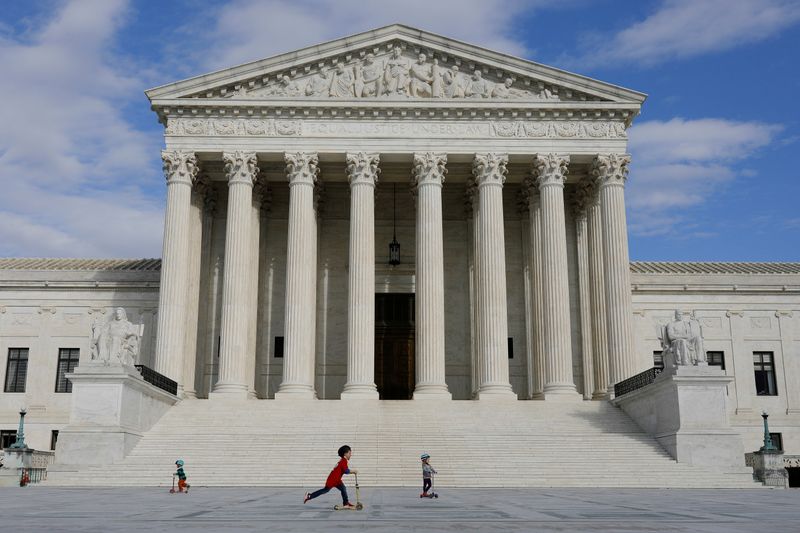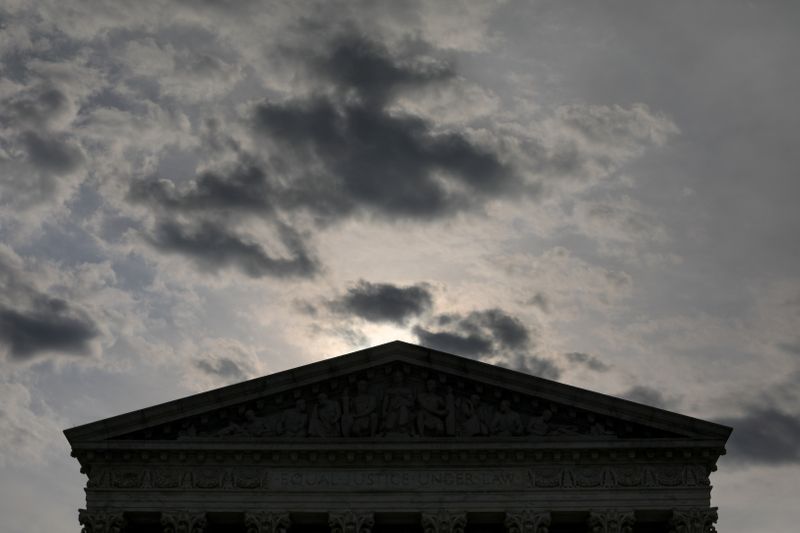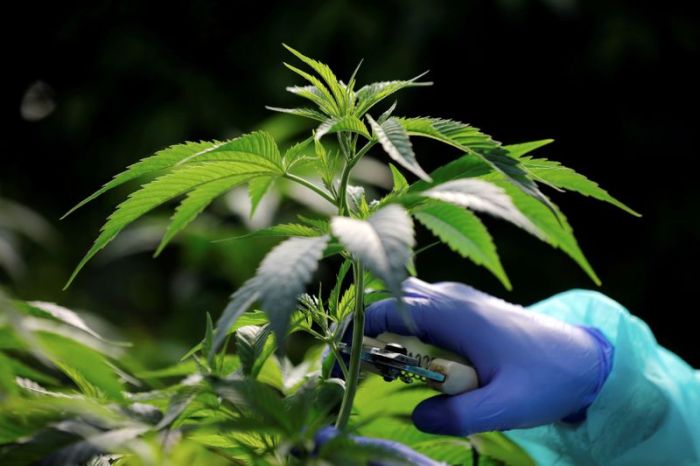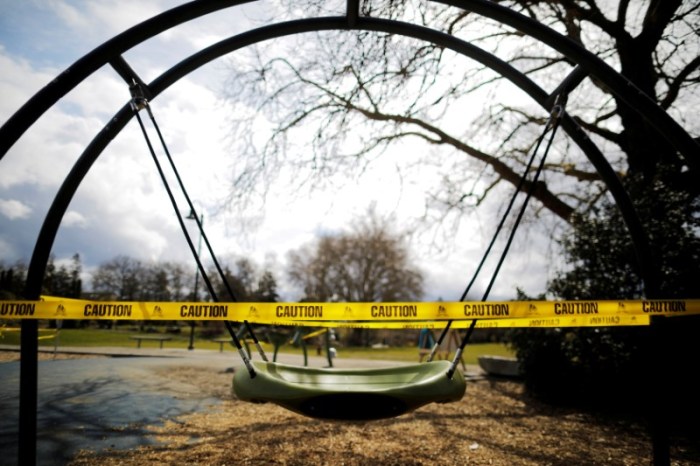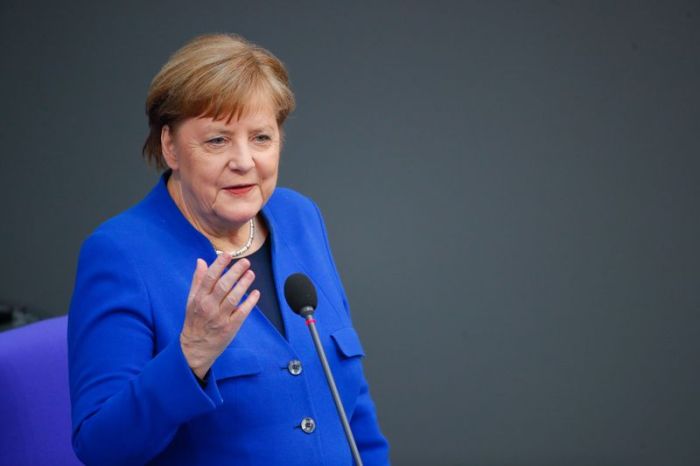WASHINGTON (Reuters) – Supreme Court justices on Wednesday indicated skepticism toward whether “electors” in the complex Electoral College system for choosing U.S. presidents may disregard laws directing them to back the candidate who prevails in their state’s popular vote.
If enough electors do so, it could upend an election, or, as some of the justices suggested, cause “chaos.”
During arguments in two closely watched cases from Colorado and Washington state, the justices signaled concern for safeguarding states’ ability to remove electors who have been bribed to vote for a particular candidate.
But the justices also pressed lawyers for the states on whether there are any limits on their powers to control how electors vote. The arguments were held less than six months before the Nov. 3 election in which presumptive Democratic nominee Joe Biden challenges Republican President Donald Trump.
The litigation involves the presidential election system set out in the U.S. Constitution in which the winner is determined not by amassing a majority in the national popular vote but by securing a majority of electoral votes allotted to the 50 U.S. states and the District of Columbia.
The cases involve so-called faithless electors who defied pledges to support Democratic candidate Hillary Clinton in the 2016 Electoral College even though she won the popular vote in their states. The justices must decide if states can penalize faithless electors with actions including monetary fines or removal from the role.
Colorado and Washington state are among the 48 states – Maine and Nebraska excepted – with winner-takes-all systems awarding all electors to the candidate who wins the state’s popular vote. Thirty-two states and the District of Columbia have laws governing how electors vote.
Conservative Justice Samuel Alito wondered whether giving electors free reign “would lead to chaos” in instances in which an election is very close and “the rational response of the losing political party … would be to launch a massive campaign to try to influence electors.”
The plaintiffs said the Constitution lets them exercise independent judgment to prevent unfit candidates from taking office.
Conservative Justice Clarence Thomas told a lawyer representing Colorado’s electors that a faithless elector “can suddenly say, ‘I’m going to vote for Frodo Baggins,'” referring to the fictional hero in J.R.R. Tolkien’s fantasy novel Lord of the Rings.
The Electoral College vote, held weeks after the general election, is often overlooked as a mere formality. But in 2016, 10 of the 538 electors voted for someone other than the winner of their states’ popular vote, a number could have changed the outcome in five previous presidential elections.
Colorado Attorney General Philip Weiser said faithless electors threaten the integrity of American democracy, saying, “We urge this court to reject this dangerous time bomb and avoid a potential constitutional crisis.”
Lead plaintiffs Bret Chiafalo and Micheal Baca were Democratic electors in Washington state and Colorado, respectively, who sought to persuade Republican electors to disregard their pledges and help deny Trump the presidency. They cast their ballots for moderate Republicans, not Clinton.
(Reporting by Andrew Chung in New York and Lawrence Hurley in Washington; Editing by Will Dunham)

